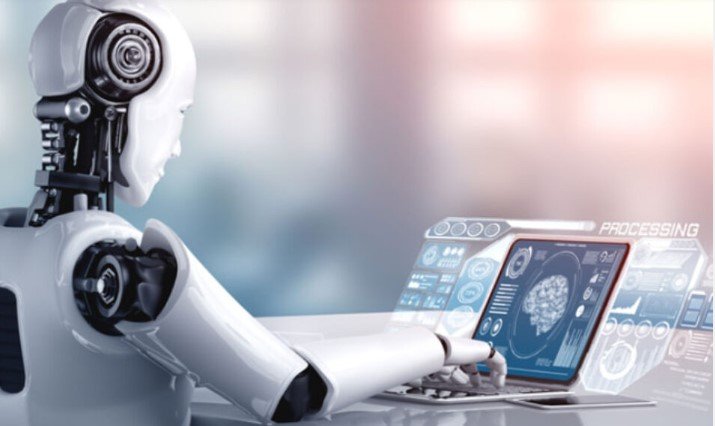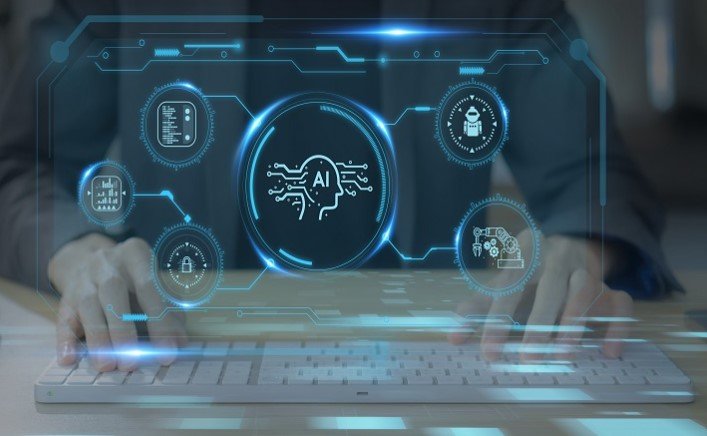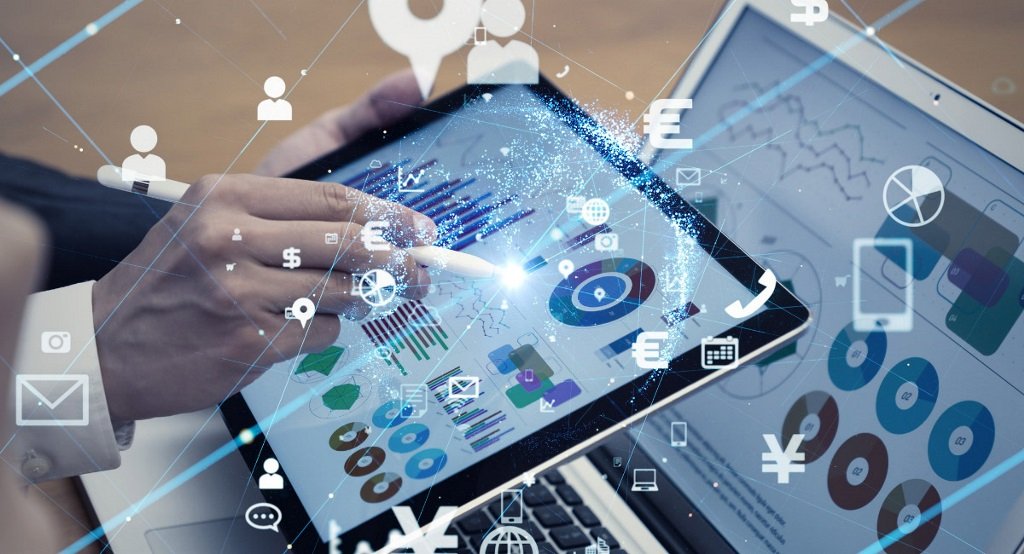Artificial Intelligence (AI) is transforming industries across the globe. With advancements in machine learning, deep learning, and natural language processing, AI is becoming more powerful and integrated into everyday life. As AI continues to evolve, new trends are emerging that will shape the future. In this post, we explore the latest trends in AI and how they are revolutionizing various sectors.

AI in Healthcare
AI is making significant strides in healthcare. Machine learning algorithms can analyze medical data faster than humans. They can identify patterns in imaging scans, helping doctors detect diseases like cancer at early stages. AI is also playing a role in drug discovery by predicting how molecules will behave in the body. These innovations are making healthcare more efficient and accessible. With AI, healthcare providers can deliver more personalized and timely care to patients.
Autonomous Systems
Autonomous systems are another growing trend in AI. Self-driving cars, drones, and robots are increasingly capable of operating without human intervention. These systems rely on AI to navigate environments, make decisions, and perform tasks. In transportation, autonomous vehicles are set to reduce accidents and improve traffic flow. In logistics, drones and robots can automate deliveries and warehouse operations. Autonomous systems are reshaping industries, providing faster and more reliable services.
AI for Personalization
Personalization has become a key focus in AI development. Businesses are using AI to offer tailored experiences for customers. By analyzing data from past interactions, AI can recommend products, services, or content based on individual preferences. AI-powered recommendation engines are already widespread in e-commerce and entertainment platforms. These systems enhance customer satisfaction and increase sales. As AI improves, personalization will continue to deepen, offering more relevant and customized experiences.
Natural Language Processing (NLP)
Natural Language Processing (NLP) is a growing field within AI. NLP enables machines to understand and respond to human language. It powers chatbots, virtual assistants, and language translation tools. As AI systems become better at understanding context and intent, NLP will revolutionize customer service and communication. Companies are increasingly using NLP to automate tasks like answering customer inquiries or generating content. With continued advancements in NLP, we can expect even more seamless interactions between humans and machines.
AI Ethics and Regulation
As AI technology becomes more widespread, ethical concerns are gaining attention. AI systems can have biases, leading to unfair outcomes. Ensuring that AI is used responsibly and ethically is a growing priority. Governments and organizations are starting to establish guidelines and regulations for AI development. These regulations will address issues like privacy, security, and transparency. Responsible AI usage will be crucial in building trust and ensuring that AI benefits everyone.
Conclusion
Artificial Intelligence is rapidly changing the world. Emerging trends like AI in healthcare, autonomous systems, personalization, and NLP are making a significant impact. At the same time, ethical considerations and regulations must guide AI development. As AI continues to evolve, it will bring even more innovation to various sectors. By embracing these trends and addressing challenges, we can unlock the full potential of AI for the future.











